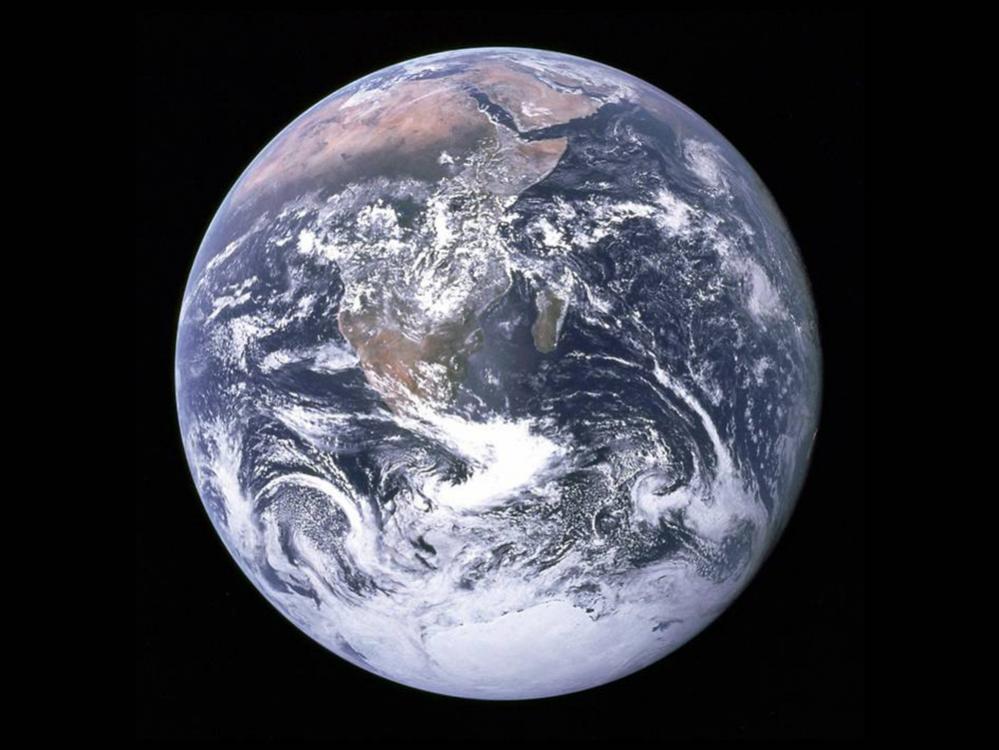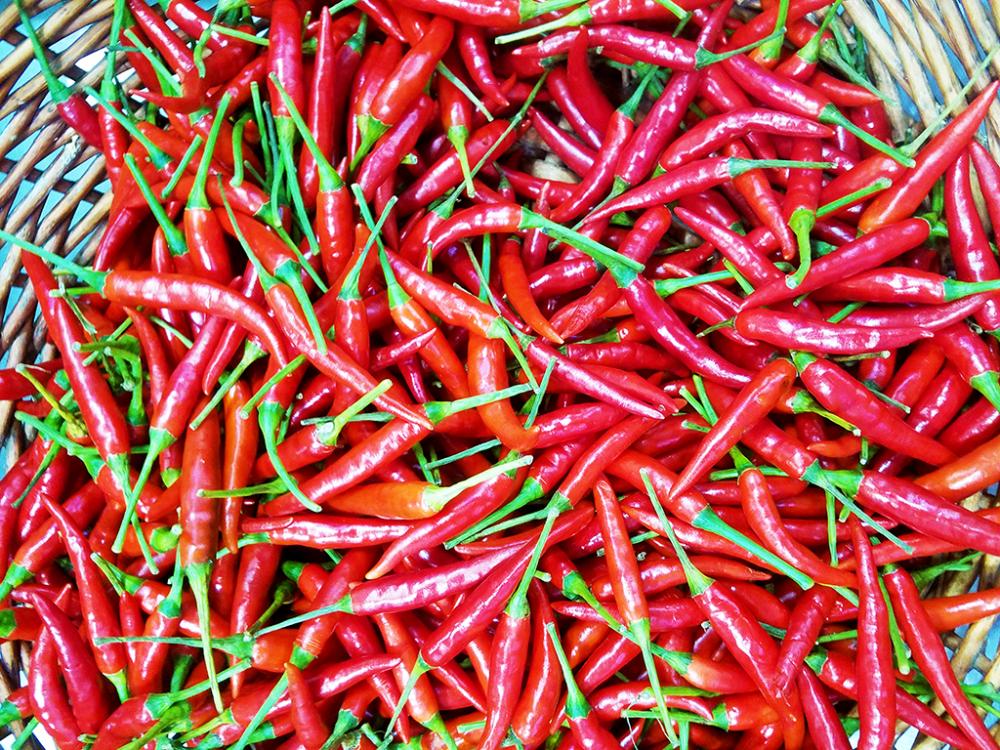10. The Whole Earth Catalogue of Cuisines
Several days ago, I was asked if I was planning to “talk more about the British Empire and its influence on food in Britain”. I replied that I would be, but then I got to thinking. Why only the Empire? British cuisine, like many cultures, has been influenced by other cuisines and countries around the world. Can you imagine what Italy ate before tomatoes arrived from the Americas in the 15th or 16th centuries? Or what Sichuan or Hunan, in China spiced their food with before chillies arrived at roughly the same time from Mexico? We have already seen that the British classic, fish and chips’ two main ingredients originated separately in probably Spain and Belgium before being combined somewhere in England.
A few years ago, BBC Radio London broadcaster and writer, Robert Elms, who specialises in London life and culture on his daily show (except Sunday), did a sort of online survey with listener participation, in order to determine how many different nations’ cuisines could be found in dedicated London restaurants. They had reached over 60 countries when it was realised that, for example, ‘Chinese cuisine’ was not wide enough a category, so it was changed to just different cuisines in order to include China’s multiple cuisines. I spoke with him yesterday and he reminded me that they had also done the same to include, among others, Spain’s Basque and Andalusian cuisines etc. The survey had identified over 140 international cuisines found in London restaurants, when it became clear that the task was just getting too complicated, so it was dropped. I have no doubt that the number continued to grow thereafter, although we have to see what happens post-Covid.
So, what I now plan doing, over the next week or so, is to l look at some of these imported influences. Yes, there will be an emphasis on the former Empire, but not entirely.
However, it’s a national public holiday here tomorrow (Duanwu Festival) and I’m going out to play! So, there will be little from me until Tuesday at the earliest.






